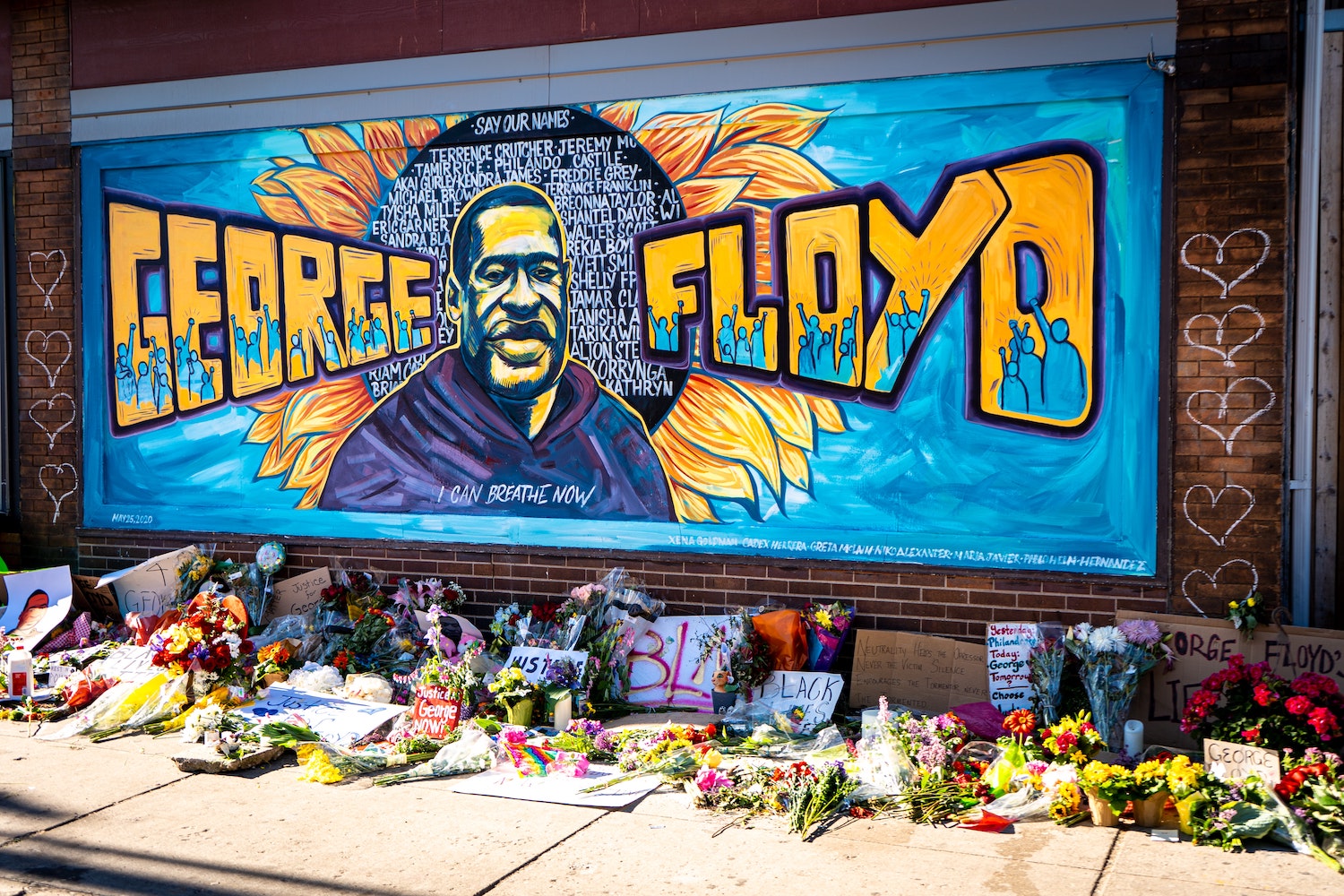ImpactAlpha, May 25 – The raw injustice and the social protests that followed the murder of George Floyd pushed investors, corporate executives and policymakers to recognize the risks of systemic racism. Alongside the rhetoric and unfulfilled pledges, the work of rewriting financial rules and norms went on.
Here are seven ways George Floyd’s legacy is changing investing and finance.
1. Racial justice investing ripples. More than 200 institutions and individuals signed the Racial Justice Investing Coalition pledge to integrate racial justice into investment decision-making. More than 180 signatories to Confluence Philanthropies’ Belonging Pledge represent $1.88 trillion in assets (read the strategy). Almost 50 asset owners and allocators with more than $71 billion in assets have committed to the nine practices of Due Diligence 2.0 to fight racial bias in asset allocation.
2. Overlooked founders and fund managers shine. “Cut the check” became a rallying cry for boosting allocations to Black and other nonwhite (and nonmale) founders and fund managers. Carta Ventures built a portfolio of some of the year’s hottest new venture funds, including Collab Capital, Harlem Capital, Lightship Capital, Rarebreed Ventures, Zeal Capital and Sixty8 Capital. We’re watching: Impact America’s $55 million fund and Illumen Capital’s $85 million fund, and how Black VCs are gaining an edge in the green economy.
3. Surge in Black-owned businesses. Job losses, digitization and well-timed federal stimulus programs may be reversing the long slump in U.S. entrepreneurship. New business starts are surging, particularly in Black communities. “This is more about survival than it is about wealth creation,” cautions Brookings Institution’s Andre Perry. The share of businesses born out of necessity more than doubled to 30%.
4. Relief for Black farmers. Tucked inside the President Biden’s Covid relief bill was $4 billion in debt relief for Black and other nonwhite farmers, who have faced decades of financial discrimination from lenders, including the U.S. Department of Agriculture. Despite racial-justice pledges from JPMorgan Chase, Bank of America, Citi and other members, major banking groups are actively lobbying against the bill. Their fear: Lost interest income from early repayments.
5. New uses for corporate cash. U.S. corporations pledged up to $50 billion in donations to civil rights organizations, investments in communities of color, and internal recruiting and training. Actual spending was a small fraction of that, according to Creative Investment Research. Apple, PayPal, Twitter and Netflix are among those that delivered. Community development financial institutions and Black-owned banks and Black fund managers were among the top recipients of corporate cash.
6. Fiscal-justice risk is priced. City expenses linked to racial injustice add up, says Ryan Bowers of Activest, which last week launched The Fiscal Justice Credit Rating Agency. The startup bond rating agency will grade debt based on how much social injustice and unrest could end up costing cities and states. “These fiscal justice issues have very long tails,” Bowers told Bloomberg. Information about such issues is “important for investors who are taking on uncompensated risk.”
7. “Defund the police” goes local. At least 20 large cities including Seattle, Minneapolis and Austin have reduced their police budgets by a combined $840 million, according to Interrupting Criminalization. Cities shifted funding to community-based violence prevention programs, mobile mental-health teams, substance abuse programs, food access programs and workforce development.
Editor’s note: Find episodes of The Reconstruction podcast about shifting capital towards justice and all of ImpactAlpha’s coverage of racial justice and inclusive prosperity, on The Reconstruction landing page.











